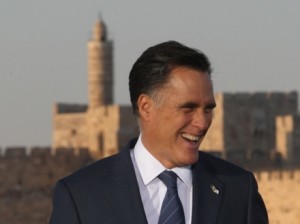Recently there has been a flood of media accounts and TikTok videos of “quiet quitting” – meaning not that folks are actually quitting their jobs, but rather that they are doing the minimum at work, putting in just enough effort to keep their jobs. The idea is that one should develop a healthy work-life balance and not overdo the commitment to one’s work world. The term may be newly popular but the concept is not. For Germans the idea may conjure up “Beamten” (civil servants), who have guaranteed positions from which they are very difficult to dislodge. Civil servants in many other countries may have a similar status. Students of American literature may make another connection, namely to Bartleby the Scrivener (by Hermann Melville), who when asked to do a work task responds, “I would rather not”. Some have pointed out that the refusal to go above and beyond minimum work duties is a product of the pandemic (and work at home environments) and the ensuing glut of job openings, allowing workers to be choosier in employment situations.
On the other hand, there has been a workplace practice that points in a quite different direction, namely “bringing your whole self to work”, the idea that we should be fully present in all our personal traits and preferences at work (our “authentic” self). As pointed out in a recent column in the New York Times, this is an idea popularized by corporate consultant and TED talker Mike Robbins and celebrated at companies such as Google. The idea is that workers feel more comfortable at work if they are able to express aspects of their personal identities. The column asserts that the “whole self” movement has become popular in part because it aligns with calls for instituting more diversity and inclusion in the workplace. From that perspective, employees don’t have to hide who they really are in order to be accepted in the workplace.
Cynics, looking at my own field of employment, might say, quiet quitting? In academia, it’s called getting tenure. Tenure is supposed to guarantee academic freedom, so that professors aren’t fired for controversial or unpopular opinions they may voice. But for some, it may mean that the job security tenure brings amounts to a sinecure, a job for life that one keeps even if performance is problematic. A friend of mine from graduate school on the day he received tenure, went down into his basement and started converting it to a man cave, anticipating a different lifestyle in his future. Of course, for many workers, those in low pay environments such as fast-food or factory workers, the work environment is such that neither quiet quitting nor “whole self” engagement is applicable – the jobs simply don’t allow for much in the way of personal investment. At the same time digital tracking devices are being employed for white collar workers, keeping watch on their every move and thus restricting what leeway they have at work.








